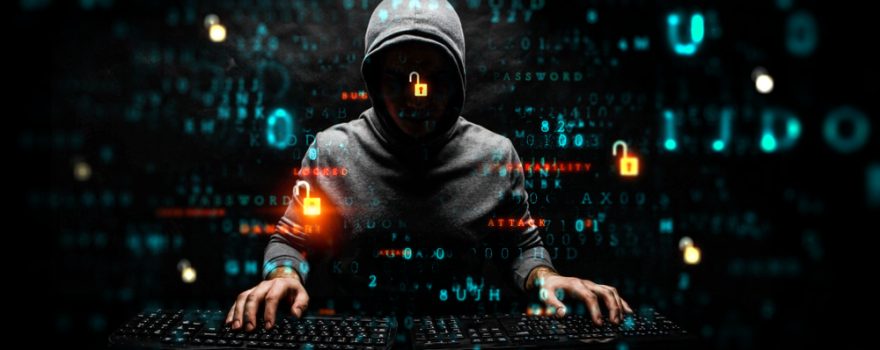
In a high-profile trial taking place in London, two teenagers have been charged with hacking into high-profile companies such as NVIDIA, Rockstar and Uber. The defendants, 18-year-old Arion Kortey and a 17-year-old whose identity was not disclosed, are accused of serious computer abuse, blackmail and fraud. The prosecution alleges they are involved in a hacking group known as Lapsus$.
Arion Kortai and his alleged co-conspirators are suspected of breaking into the systems of Revolut, Uber and Rockstar Games last September. Notably, these acts were committed while Kortey was already out on bail on an unrelated charge. It is also alleged that Kortey, along with other unidentified Lapsus$ members, was responsible for stealing commercial code and video footage from the latest installment of the popular Grand Theft Auto game. Prosecutors allege that Kortey posed as a contractor for the company and participated in blackmail attempts to obtain a reward.
However, Kortey was deemed medically unfit to stand trial, which means jurors will determine his responsibility for the alleged crimes, not his guilt. If found guilty, he will not face jail time. The trial is expected to last eight weeks. In the meantime, Cortey’s 17-year-old accomplice has pleaded guilty to some of the charges against him.
One notable charge relates to the joint hacking of NVIDIA. In February 2022, the defendants gained control of the accounts of two contractors and then gained access to confidential company data, including valuable software secrets. As a result of the cyber hack, they stole nearly a terabyte of data from NVIDIA and made some of it publicly available. In response to their demands, they threatened to disclose the remaining data unless a ransom was paid.
Prosecutors claim that police were able to link the hackers to the accused teens through a variety of means, including IP addresses, emails, mobile devices and Telegram accounts. Making matters worse is that the accused often bragged online about their hacking exploits. Although Kortey was described as “very competent and even brilliant,” his teenage nature allegedly led him to succumb to the temptation of bragging.
At trial, the court will scrutinize the evidence presented, including the defendants’ digital footprints and their alleged connection to the crimes committed. The outcome of this trial will not only determine the fate of the defendants, but will also shed light on the problems associated with cybercrime and the legal measures necessary to combat it.

 Get in Touch
Get in Touch 


